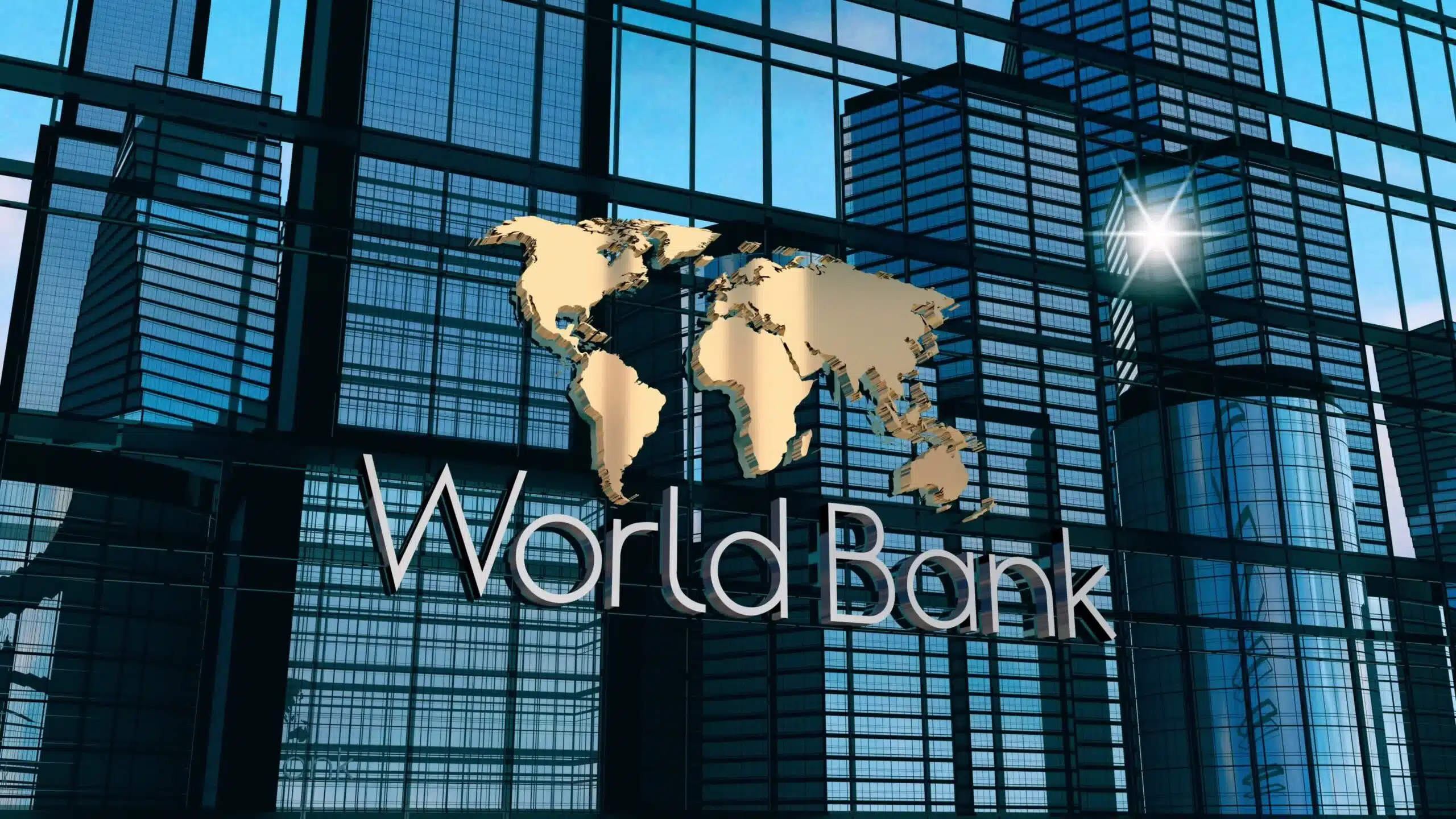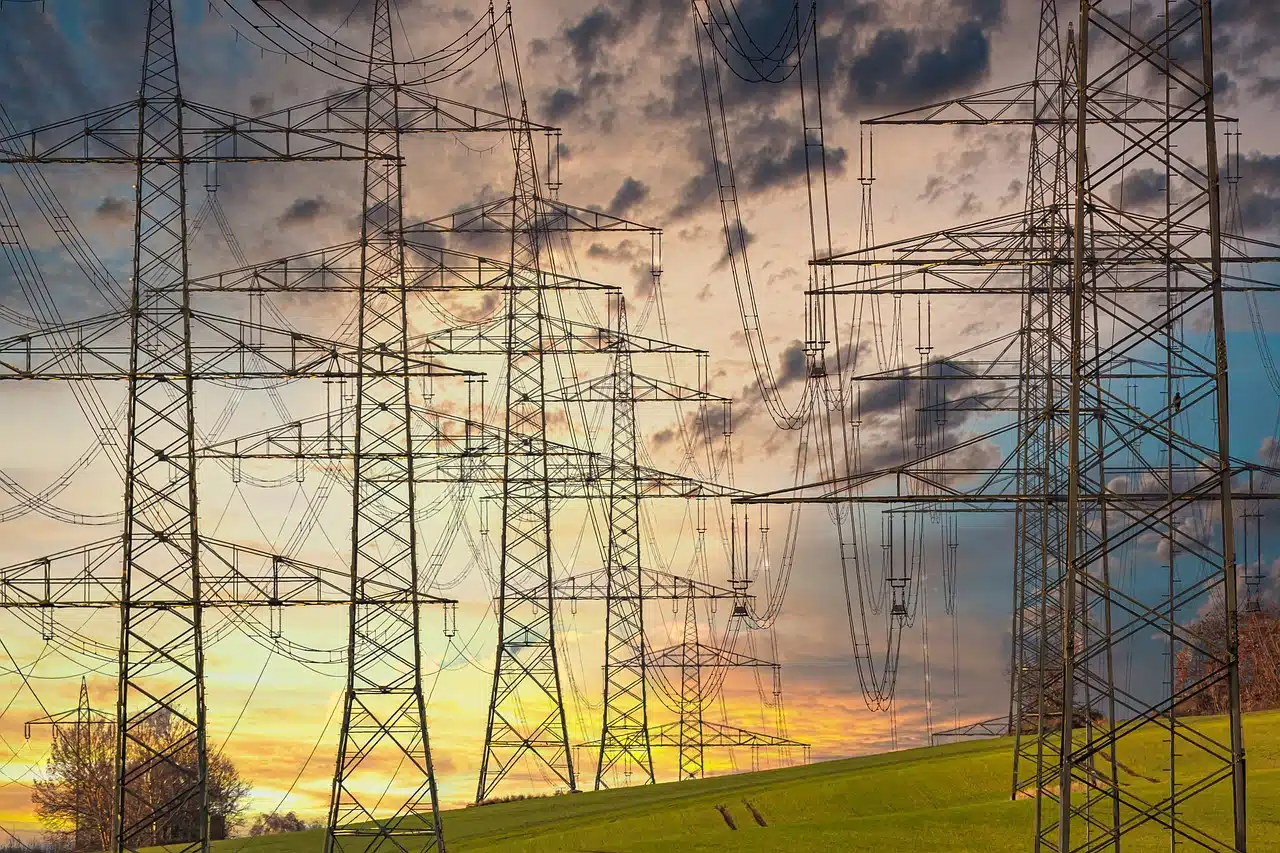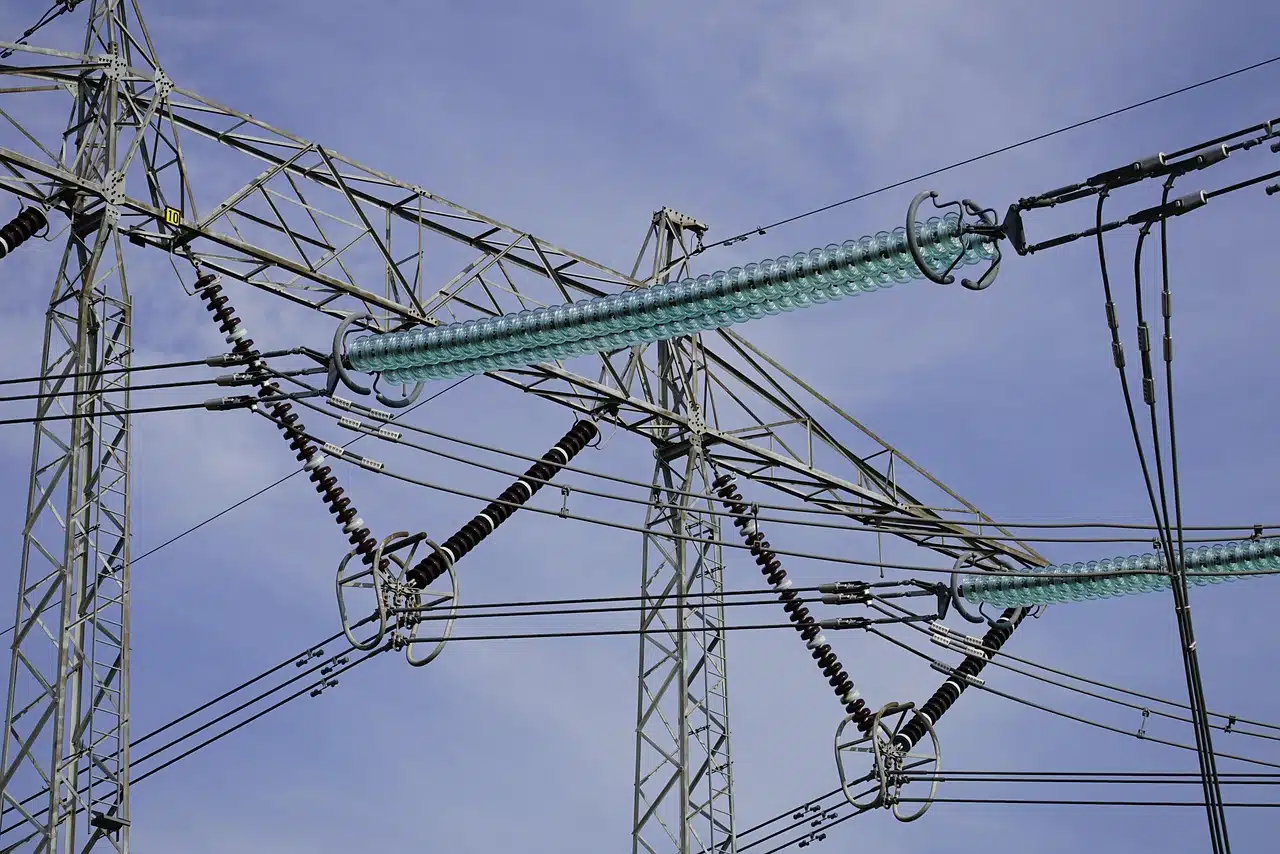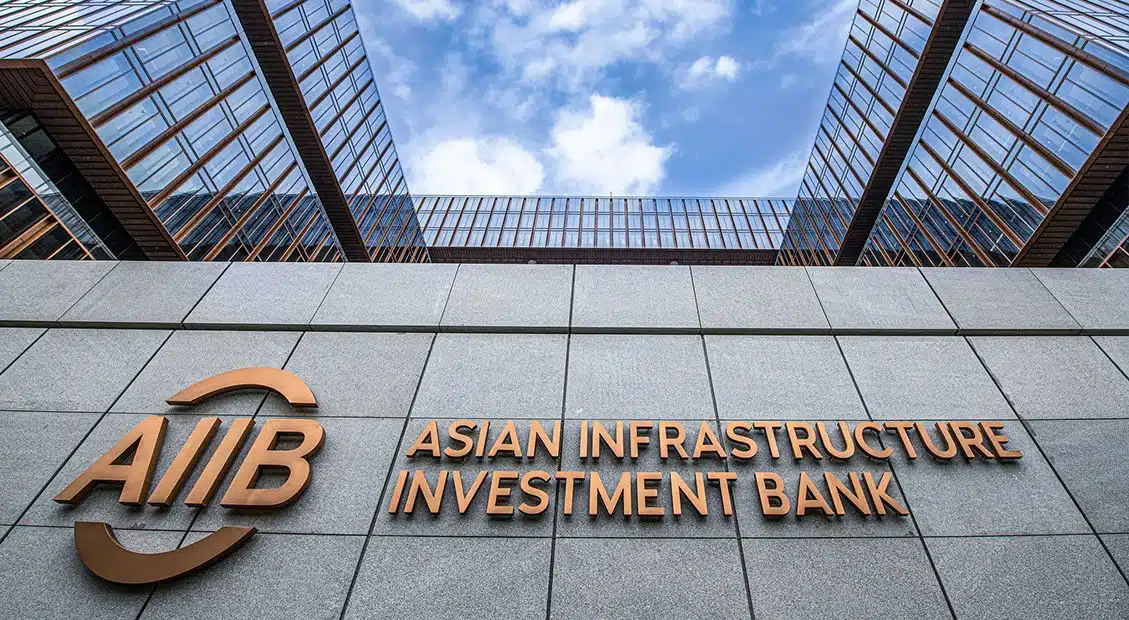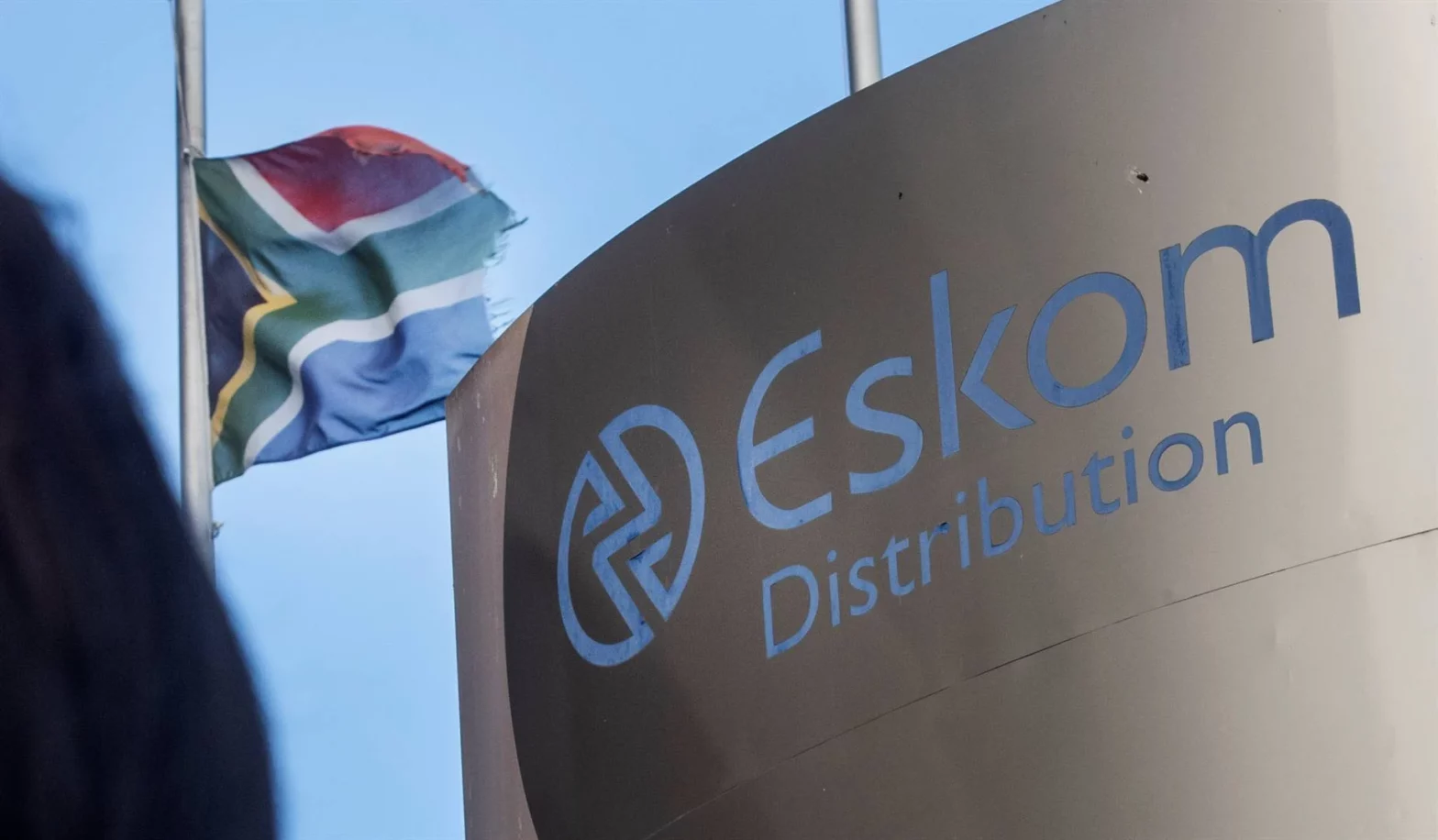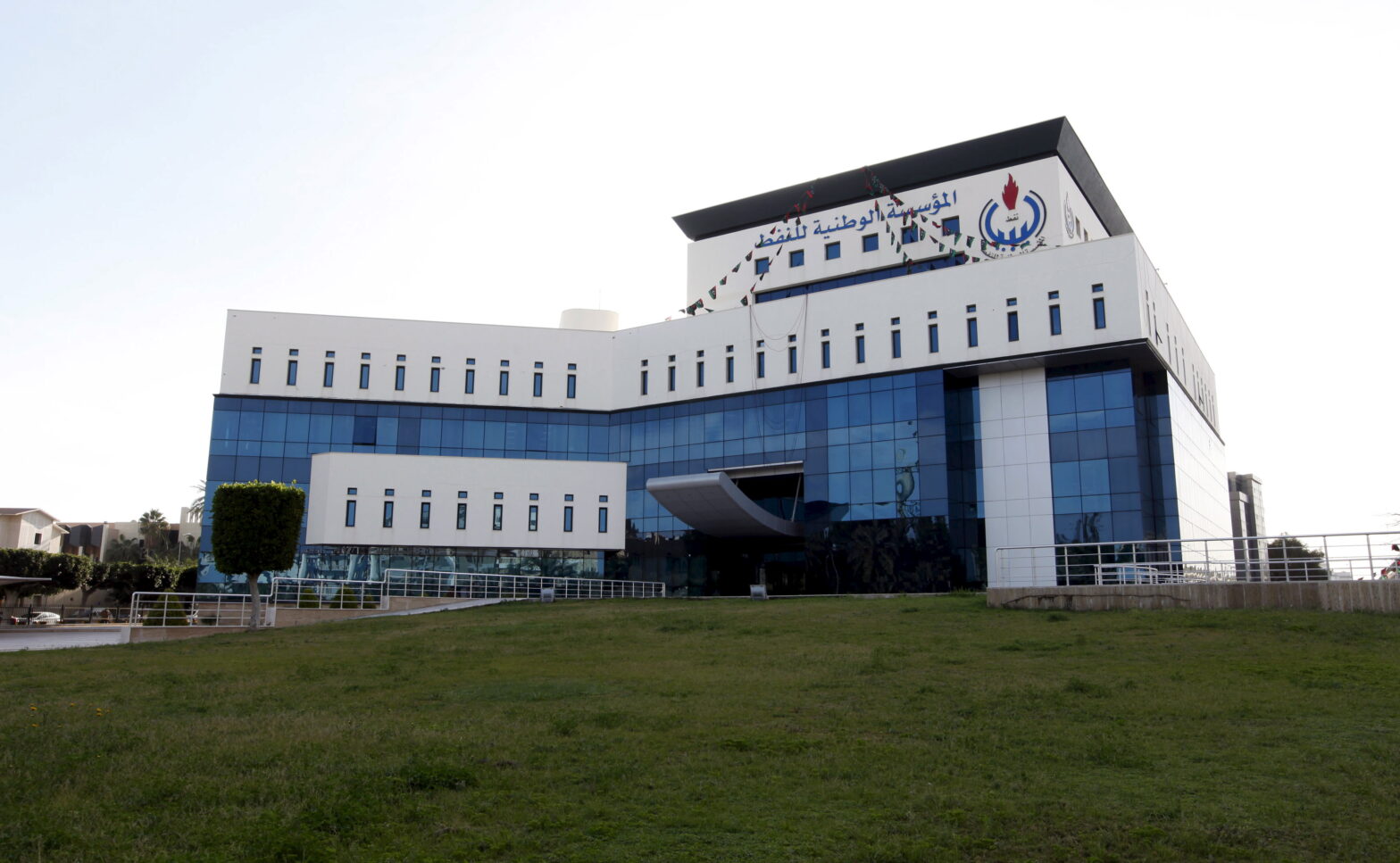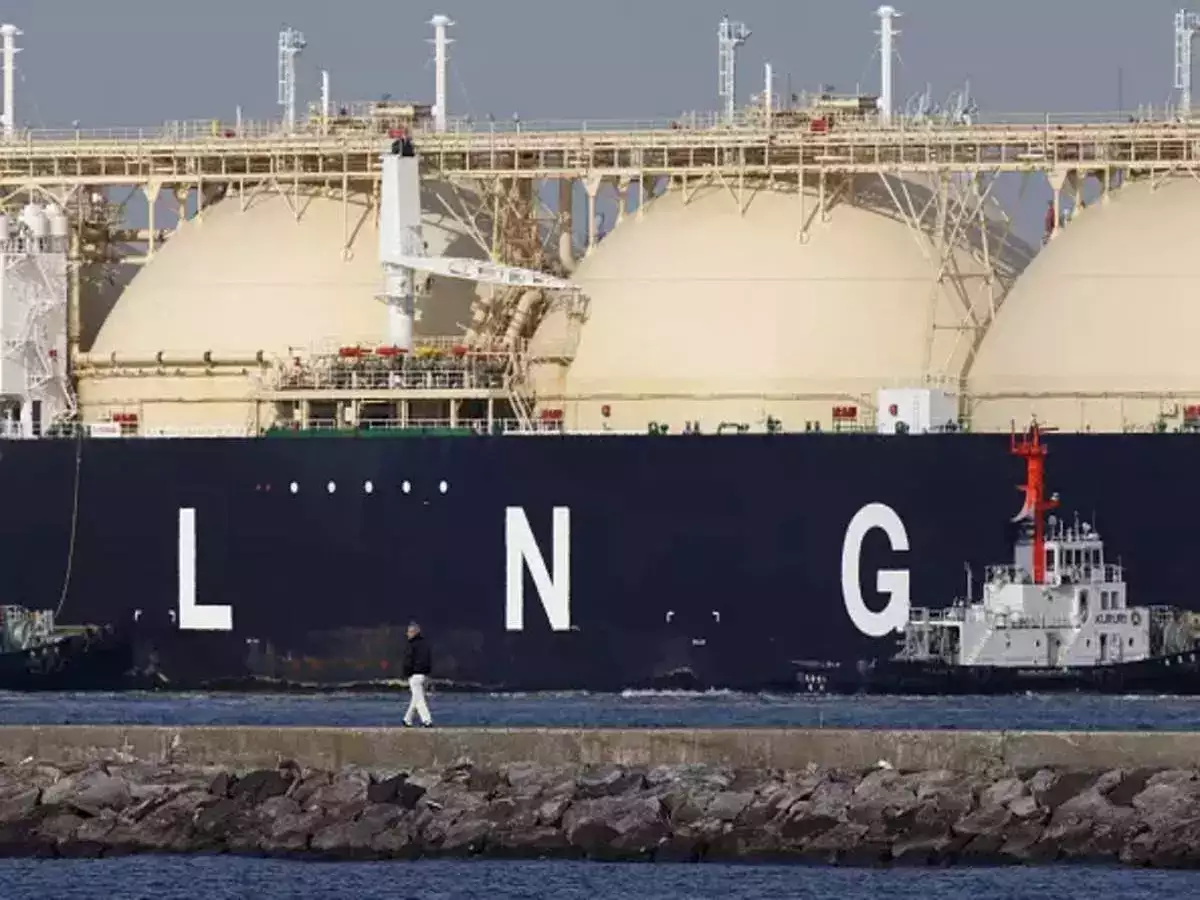South Africa has secured a new $2.2 billion commitment from World Bank–linked funds to fast-track the phase-out of coal—marking the second major energy transition support package the country has received this month.
The funding package includes contributions from the Climate Investment Funds’ (CIF) Accelerating Coal Transition initiative, which, along with additional support from multilateral lenders, could total up to $2.6 billion.
CIF had previously suspended support in 2024 after South Africa requested to delay the closure of three coal-fired power plants due to emergency electricity shortages.
Under the renewed arrangement, CIF will provide an initial $500 million, potentially unlocking a further $2.1 billion from global financial institutions.
The funding is aimed at retiring aging coal infrastructure and accelerating the shift to cleaner energy sources.
This development closely follows another loan support package South Africa received from the World Bank just days earlier.
It also aligns with the country’s broader Just Energy Transition Investment Plan (JET-IP) launched atCOP26.
According to the World Bank, South Africa can now begin submitting detailed project costings under this framework for final approval and fund disbursement.
What does the new funding support?
The financial package will be used to:
- Efficiently decommission coal-fired power plants and repurpose existing infrastructure.
- Provide social protection and workforce re-skilling for coal-dependent communities.
- Foster development of cleaner energy solutions like renewables, green hydrogen, and natural gas projects.
- Enhance overall capacity, market structures, and grid resilience to integrate new, low-carbon technologies.
Why the funding matters for South Africa
South Africa remains one of the most coal-dependent countries in the world, with more than 80% of its electricity still generated from coal.
This reliance has not only contributed to high carbon emissions but also left the country vulnerable to persistent load shedding, which has disrupted economic growth and strained businesses nationwide.
The $2.6 billion in coordinated funding—from the World Bank, CIF, AfDB, IFC, and others—marks a pivotal moment in South Africa’s journey away from coal.
The funds are expected to help:
- Retire aging coal-fired power plants
- Double investments in renewable energy, particularly solar and wind
- Stabilize energy supply and reduce blackouts
- Attract green investment and lower emissions
- Support communities affected by the coal transition
Yet, while the government has publicly committed to scaling up renewables, it has also signaled that coal, oil, and gas will remain part of its energy mix for the foreseeable future.
As Joanne Yawitch, head of South Africa’s Just Energy Transition unit, noted:
“Coal transitions are difficult right around the world and they take decades to achieve.”
This suggests that political will in Pretoria will ultimately determine the pace and depth of South Africa’s energy transition.
However, in April, the country’s path toward clean energy received legal backing when a high court ruled that plans for new coal plants were unlawful, invalid, and unconstitutional
Shortly after, Parliament approved a Renewable Energy Master Plan, aiming to unlock investment and improve long-term energy security.
State utility Eskom followed with a tender to establish a standalone renewable energy subsidiary.
Challenges in South Africa’s planned coal exit
While momentum is building, the path forward is not without obstacles.
The transition away from coal puts tens of thousands of jobs at risk, especially in provinces like Mpumalanga, where coal mining is the backbone of local economies.
A 2023 government report projected that as many as 80,000 coal mining jobs could be lost in that province alone.
This has fueled pressure from labor unions, who argue that renewable energy projects must be well underway before any coal plants are shut down.
They advocate for a just transition that protects workers and communities during the shift.

